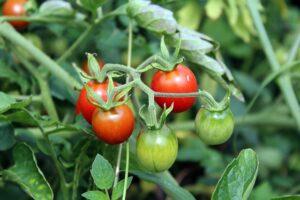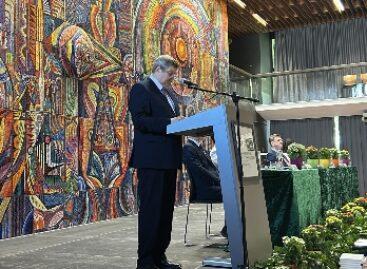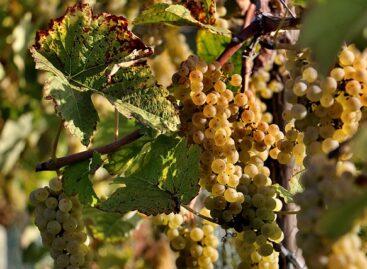The presence of the plant pathogenic bacterium Ralstonia pseudosolanacearum was confirmed in our country
Three counties in Hungary are currently affected: Hajdú-Bihar, Jász-Nagykun-Szolnok and Zala, in relation to the plant-dangerous pathogen identified for the first time in Europe in 2015. Clarifying the origin of the infection requires further investigations. The spread of the dangerous closed-loop pest can only be prevented by strict and consistent observance of phytosanitary measures.

(Photo: Pixabay)
The bacterium Ralstonia pseudosolanacearum, identified by the Nébih laboratory in September 2022 from samples from the counties of Hajdú-Bihar, Jász-Nagykun-Szolnok and Zala, is classified as a closed-loop pest, the presence of which can cause significant economic damage. Currently, there is no chemical protection against it, its spread can be limited by appropriate plant health measures.
The most important host plants that may be affected in Hungary are: potatoes, tomatoes, egg fruits, roses, and ornamental plants.
The primary starting point for the spread of the bacterium is the infected propagating material
But in addition, due to the fact that it retains its infectiousness for a long time, contact with various work machines and tools may also result in further infections. In addition, this species of bacteria can also spread through irrigation water of surface origin, the source of which is bitter gourd (Solanum dulcamara). The infection can also cause a complete crop loss, and the cultivation of host plants must be suspended for years in the affected areas.
In the absence of chemical control options, the following preventive phytosanitary measures can be the solution to prevent the spread:
• planting only healthy propagating materials tested by the laboratory
• appropriate disinfection of machines and devices
• prevention of spread with irrigation water of surface origin
• protection against bitter tip
• host plants are not cultivated in the infected areas for the prescribed period
• fallowing and (in crop rotation) the cultivation of ryegrass or other grasses is recommended
• eradication of orphans.
Nébih
Related news
At the forefront of the domestic food industry for more than half a century
The future of the food industry is shaped by young…
Read more >Nébih: A grape disease called golden yellows has also appeared in the Villány region
The grapevine disease known as golden yellows has also appeared…
Read more >Grapevine golden yellow disease has also appeared in the Villány region – Nébih calls for increased protection
The Grapevine flavescence dorée (FD) pathogen, which causes grape golden…
Read more >Related news
WHO: They urge a 50 percent price increase for tobacco, alcohol and sugary drinks
The World Health Organization (WHO) is calling for the prices…
Read more >Eurozone economic growth accelerated in June
The eurozone’s economic performance accelerated in June, according to the…
Read more >This is how drug prices are changing: the government introduced price restrictions
The Ministry of National Economy’s price restrictions on medicines came…
Read more >






